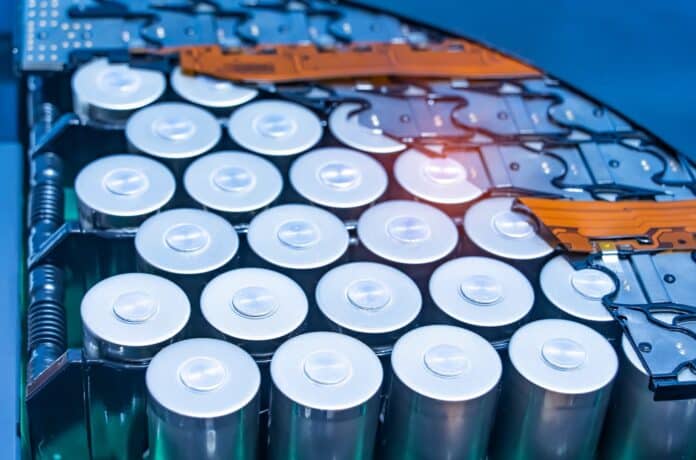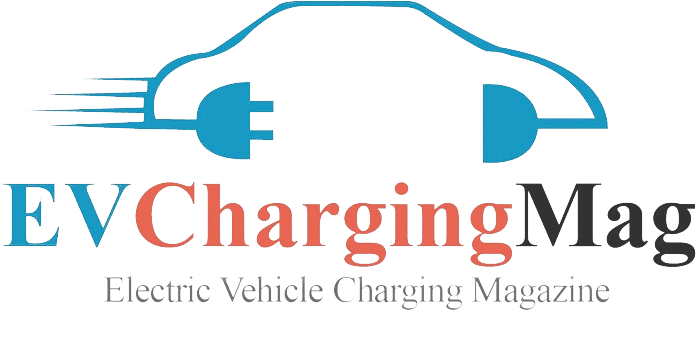London, UK – September 16, 2024 – A groundbreaking new report by Infyos, an AI supply chain risk platform, has revealed that a staggering 75% of the global lithium-ion battery supply chain is at risk of exposure to severe human rights abuses, including forced labor and child labor.
The Hidden Costs of Clean Energy
As the world transitions to a more sustainable future, lithium-ion batteries are playing a pivotal role in powering electric vehicles and renewable energy storage systems. However, the rush to embrace this technology has often obscured the dark side of its production.
Infyos’ research, based on a meticulous analysis of thousands of data sources, has uncovered a disturbing reality: many of the world’s largest automotive, energy storage, consumer electronics, and heavy industry companies are unknowingly using batteries tainted by human rights abuses.
China’s Role in the Crisis
A significant portion of these abuses are concentrated in China, particularly in the Xinjiang Uyghur Autonomous Region (XUAR). Companies operating in this region have been linked to widespread forced labor practices, including the use of Uyghur and other ethnic minorities.
The Impact on Major Industries
The battery industry’s reliance on raw materials sourced from regions with high human rights risks has exposed major companies to potential legal and reputational damage. Automotive manufacturers, energy storage providers, and electronics giants are all at risk of being implicated in these abuses.
Infyos’ AI-Powered Solution
Infyos has developed a cutting-edge AI platform to help companies mitigate these risks. Their technology can analyze vast amounts of data to identify potential human rights issues within supply chains, enabling companies to take proactive measures to ensure ethical sourcing.
The Growing Scrutiny of Battery Supply Chains
The increasing awareness of human rights abuses in the battery supply chain is driving regulatory scrutiny. The U.S. Uyghur Forced Labor Prevention Act (UFLPA) and the EU Battery Regulation impose stricter requirements on companies to ensure their supply chains are free from forced labor.
The Consequences of Inaction
Companies that fail to address human rights risks in their supply chains face serious consequences. These include:
- Product Bans: Products made with forced labor can be blocked from entering the U.S. and European markets.
- Financial Penalties: Companies may face hefty fines and reputational damage.
- Investor Backlash: ESG-focused investors are increasingly demanding transparency and accountability from companies regarding their supply chains.
The Path to a Cleaner Future
The transition to a sustainable energy future requires a commitment to ethical and responsible practices. By addressing human rights abuses within the battery supply chain, companies can not only protect their reputations but also contribute to a more just and equitable world.
Sarah Montgomery, CEO & Co-Founder of Infyos, commented: “The relative opaqueness of battery supply chains and the complexity of supply chain legal requirements means current approaches like ESG audits are outdated and don’t comply with new regulations. Most battery manufacturers and their customers, including automotive companies and grid-scale battery energy storage developers, still don’t have complete supply chain oversight.“
Infyos is at the forefront of driving positive change in the battery industry. By leveraging their AI-powered platform, companies can take a proactive approach to ensuring the sustainability and ethical integrity of their supply chains.

